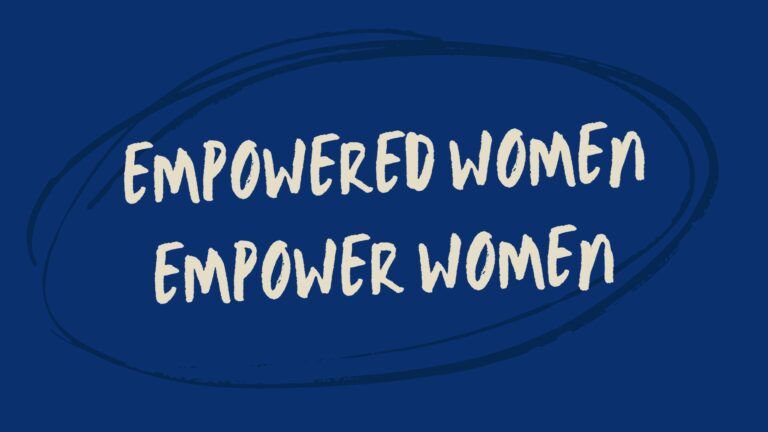Every girl deserves to grow up free from harm and discrimination. They deserve a right to their bodies and freedom from cultural oppression. Yet, in 2024, the cruel practice of Female Genital Mutilation (FGM) persists in various parts of the world, including The Gambia. Despite efforts to eradicate it, FGM continues to pose a grave threat to the lives and well-being of women and girls.
FGM, often performed under the guise of tradition and religion, is a gross violation of human rights. It inflicts physical, emotional, and psychological harm on its victims, leaving lifelong scars. In 2023, UNFPA estimated that nearly 4.3 million girls were at risk of female genital mutilation that year. Research also suggests that, if female genital mutilation continues at current rates, an estimated 68 million girls will be subjected to this practice between 2015 and 2030 in the 25 countries where it is routinely practiced and where relevant data are available. FGM not only causes immediate physical pain and trauma but also leads to long-term health complications, including chronic infections, psychological disorders, and complications during childbirth. The physical and emotional toll of FGM is immeasurable, robbing women and girls of their dignity and well-being.
The Gambia has taken steps towards lifting a ban on female circumcision, a move that could make it the first country in the world to reverse legal protections against the practice for millions of women and girls. Politicians in the West African nation’s parliament voted 42 to four to advance the controversial bill, which would repeal a landmark 2015 ban on female genital mutilation (FGM) that made the practice punishable by up to three years in prison. Their justification for this appalling decision is rooted in the belief that FGM is a cultural and religious practice that must be preserved. However, this argument fails to acknowledge the grave harm inflicted upon countless women and girls due to FGM.
It is crucial to recognize that FGM serves no beneficial purpose. Instead, it perpetuates harmful gender norms and reinforces patriarchal structures that oppress women and girls. By legalizing FGM, lawmakers in The Gambia are endorsing violence against women and condoning the violation of their fundamental rights.
The recent parliamentary decision underscores the urgent need for intensified efforts to combat FGM in The Gambia. Advocates and activists must mobilize to challenge this regressive legislation and push for comprehensive laws that criminalize all forms of FGM. Additionally, there is a critical need for community-based education and awareness programs to change societal attitudes towards FGM and promote gender equality.
International support and solidarity are also essential in the fight against FGM. Governments, non-governmental organizations (NGOs), and civil society must work together to provide resources, support survivors, and hold perpetrators of FGM accountable. Furthermore, diplomatic pressure should be exerted on countries like The Gambia to uphold their commitments to human rights and gender equality.
As concerned global citizens, we cannot stand idly by while women and girls continue to suffer the atrocities of FGM. It is incumbent upon us to raise awareness, advocate for change, and support initiatives aimed at ending FGM once and for all. Every voice matters in this fight, and together, we can create a world where every girl can grow up free from harm and discrimination.
Let us unite under the banner of #StopFGMRepealGambia and #StopFGM to demand justice, equality, and dignity for all women and girls.
Together, we can put an end to the repeal of laws against FGM and pave the way for a brighter, safer future for generations to come.
Credit: Faith Ememodo ( Communications Consultant)





